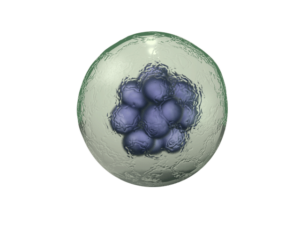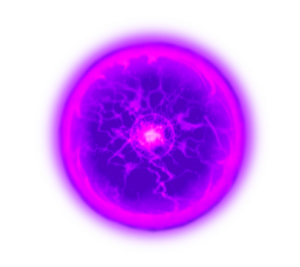Why Does Fatigue Occur?
Fatigue is a lingering tiredness that is constant and limiting. With fatigue, you have unexplained, persistent, and relapsing exhaustion. It’s similar to how you feel when you have the flu or have missed a lot of sleep. If you have chronic fatigue, or systemic exertion intolerance disease (SEID), you may wake in the morning feeling as though you’ve not slept. Or you may be unable to function at work or be productive at home. You may be too exhausted even to manage your daily affairs.
In most cases, there’s a reason for the fatigue. It might be allergic rhinitis, anemia, depression, fibromyalgia, chronic kidney disease, liver disease, lung disease (COPD), a bacterial or viral infection, or some other health condition. If that’s the case, then the long-term outlook is good. Here are some common causes of fatigue and how they are resolved.
What Are Some Causes Of Fatigue?
- Not Enough Sleep
- Sleep apnea
- Not enough fuel
- Anemia
- Depression
- Hypothyroidism
- Caffeine overload
- UTI
- Diabetes
- Dehydration
- Heart disease
- Shift work sleep disorder
- Food allergies
- CFS and Fibromyalgia
Many physical and mental illnesses, as well as lifestyle factors, can cause your fatigue, and that can make it hard to diagnose. In some cases, it might be something simple and easy to fix, like having caffeine at bedtime. But other causes, like heart disease or COPD, are serious, and you may need to start long-term treatment right away.
Your doctor can help you sift through your health issues, as well as diet, exercise, and other lifestyle habits, in order to zero in on the cause and help you on the road to recovery.











